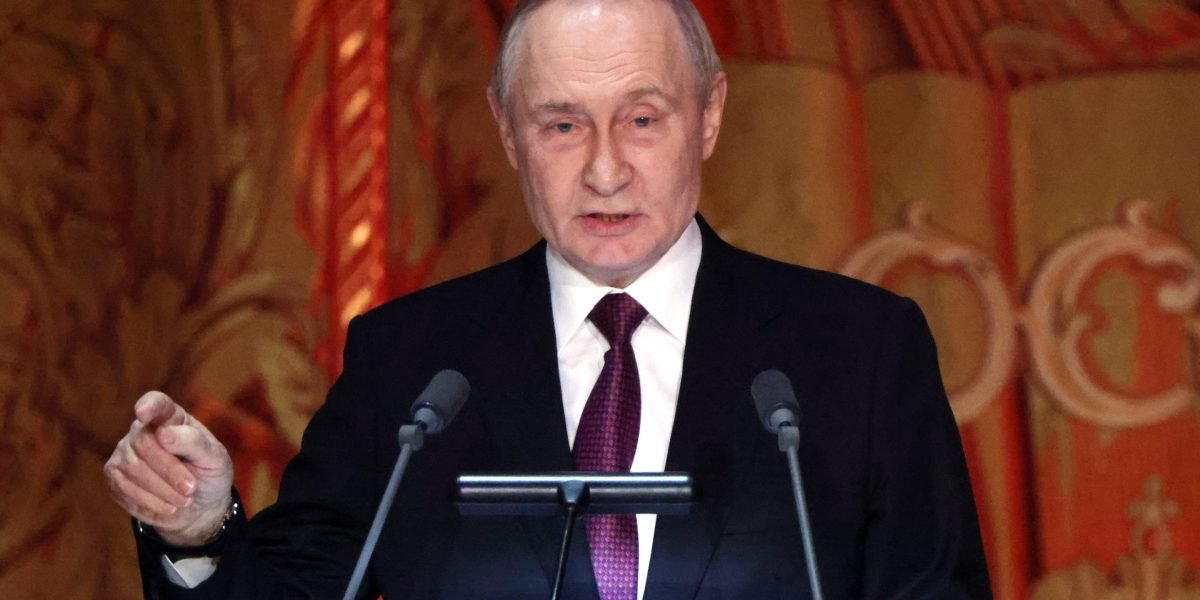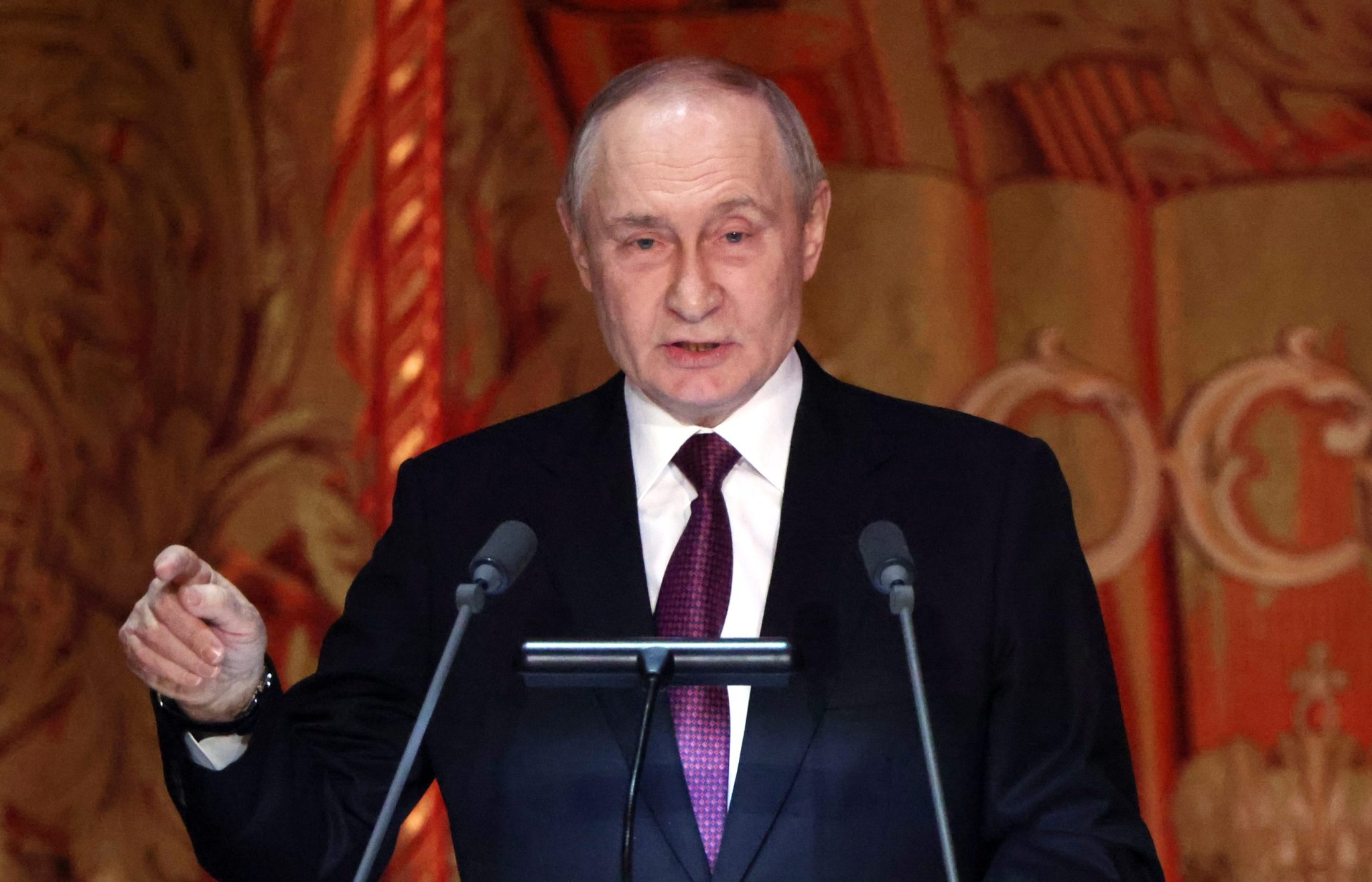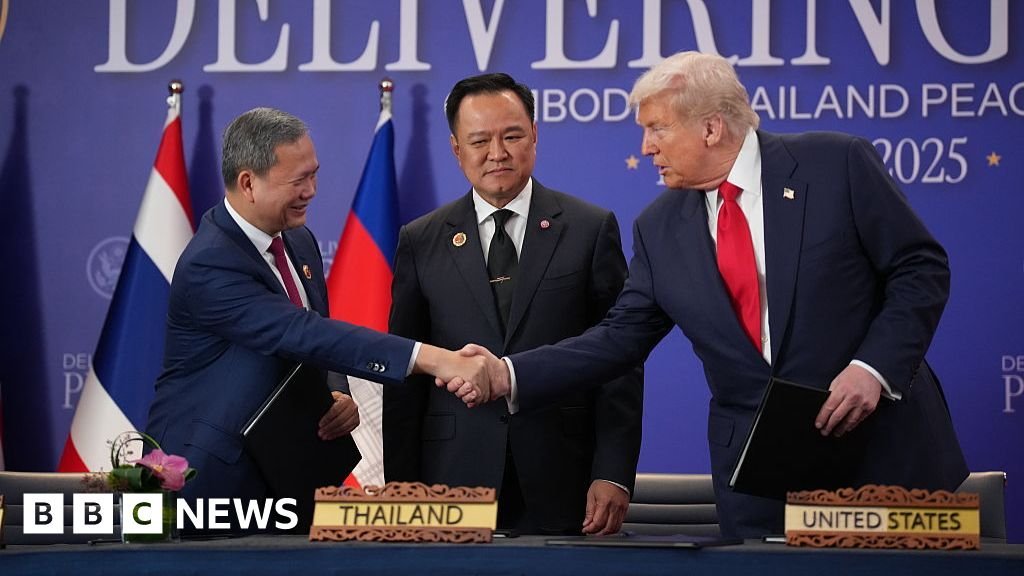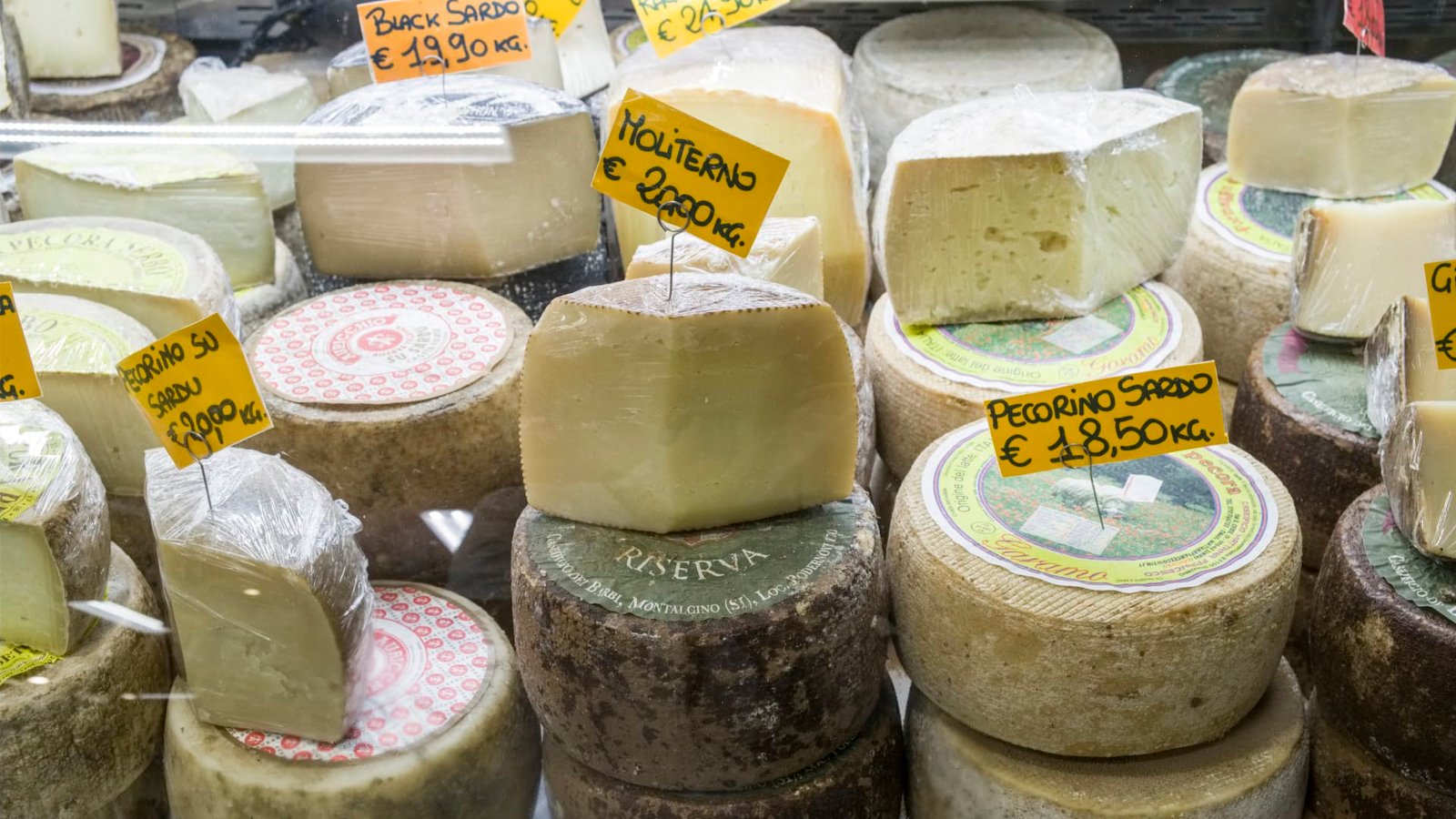
Russia’s ‘disposable goods’ economy is getting busier but poorer, and sanctions could lead to recession

Vladimir Putin’s wartime economy has been resilient in the face of Western sanctions stemming from his invasion of Ukraine, but it is hitting a wall, and US pressure on the energy sector could cause a recession, according to experts.
Massive defense spending has supported growth, kept factories running, and pushed unemployment rates down, while Moscow has relied on allies like China to obtain goods no longer available from the West.
“But the country has exhausted its reserves of manufacturing capacity and labor force,” says Alexandra Prokopenko, a fellow at the Carnegie Russia Eurasia Center and a former adviser to the Russian Central Bank. Written in Foreign affairs on monday.
“To produce more equipment or recruit and train a much larger number of soldiers, Moscow would have to switch to a more comprehensive war mode by directing all available resources toward military needs, as it did during World War II, or seizing civilian production lines for military purposes.”
Such a mobilization would require Moscow to order automobile factories, for example, to produce exclusively military vehicles. She added that the Russian government did not resort to these measures because it did not want to create a shortage of consumer goods and risk social unrest.
Meanwhile, production bottlenecks, labor shortages, tightening government spending, and shortages of Western technology are increasingly causing pressure on the economy, Prokopenko said.
GDP growth is slowing sharply, at just 1.1% so far this year, down from 4.1% in 2024 and 3.6% in 2023. That’s partly because all the money Moscow is spending in its war on Ukraine has few lasting benefits.
“In reality, defense spending works like a disposable goods economy: factories operate at full capacity, workers get wages, demand for inputs rises, but output is designed to disappear almost immediately,” she explained.
Not only are weapons and equipment destroyed on the battlefield, but payments to dead and wounded soldiers will continue to put pressure on the Kremlin’s budget even after the fighting ends.
This spending contrasts with government spending on infrastructure, which helps improve the economy’s long-term potential.
“This cycle supports employment and industrial activity in the short term, but does not generate permanent assets — such as highways, power plants, or schools — or productivity gains, making the economy busier and poorer with each passing year of war,” Prokopenko wrote.
Warnings of Russian recession
The United States announced on Wednesday the imposition of sanctions on the two giant Russian energy companies, Rosneft and… I locked it It could push the economy over the edge.
This is in light of the decline in oil and gas revenues, the main source of financing for the Kremlin, amid falling energy prices, which forced Russia to rein in its budget. The two companies represent about half of the country’s oil exports, and Rosneft alone contributes about 17% of Russian budget revenues.
While they can still find ways to sell their ore, it will require more workarounds that increase costs, while some customers may hesitate due to fears of secondary penalties.
“For Russia itself, the hit to energy revenues could push the economy into recession,” Capital Economics said in a note on Thursday.
It is possible that the recession has already arrived. Data from the Russian Central Bank showed last month GDP contracted on a sequential basis In the first and second quarters, which meets the definition of the so-called technical recession.
And last month as well Sberbank CEO German Gref, one of Russia’s top banking officials, said: The economy was in a state of “technical recession” In June, Economy Minister Maxim Reshetnikov warned against this Russia was “on the brink of recession.”.
Much is certain to depend on the US implementing its new sanctions, as markets consider whether these measures are another example of President Donald Trump’s negotiating strategy of escalation in order to de-escalate.
In fact, Capital Economics said it is difficult to see Trump sticking to a policy that would raise gasoline prices in the United States.
But even if Russia suffers a recession, analysts see little possibility that it would be enough to bring Putin to the negotiating table and end his war on Ukraine.
“Russia’s economic problems have not had a significant impact on Putin’s war goals so far, and the Kremlin will want to resist strong-arming the United States into a deal,” Capital Economics said. “But the economic costs to Putin of continuing the war are likely to rise.”












Post Comment